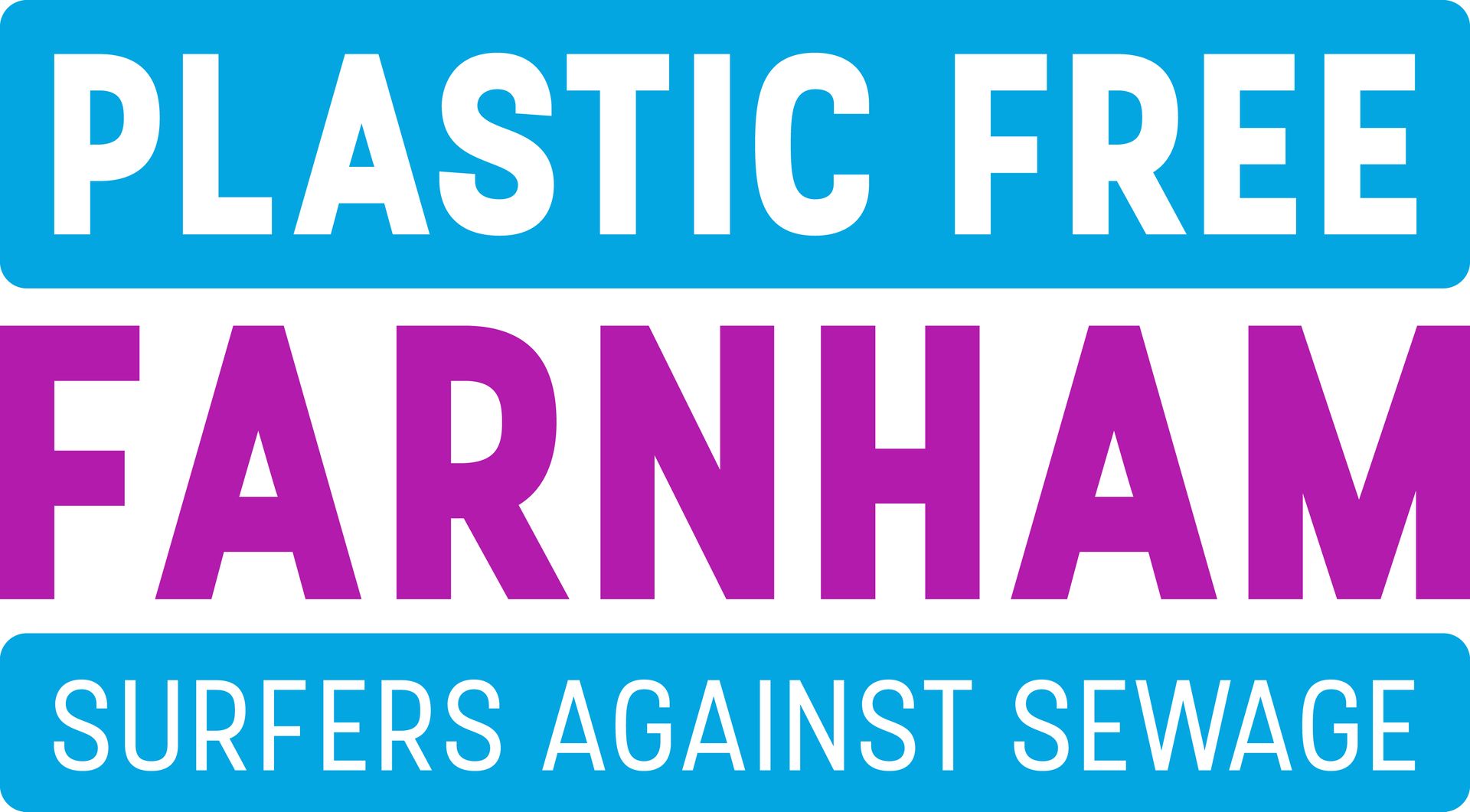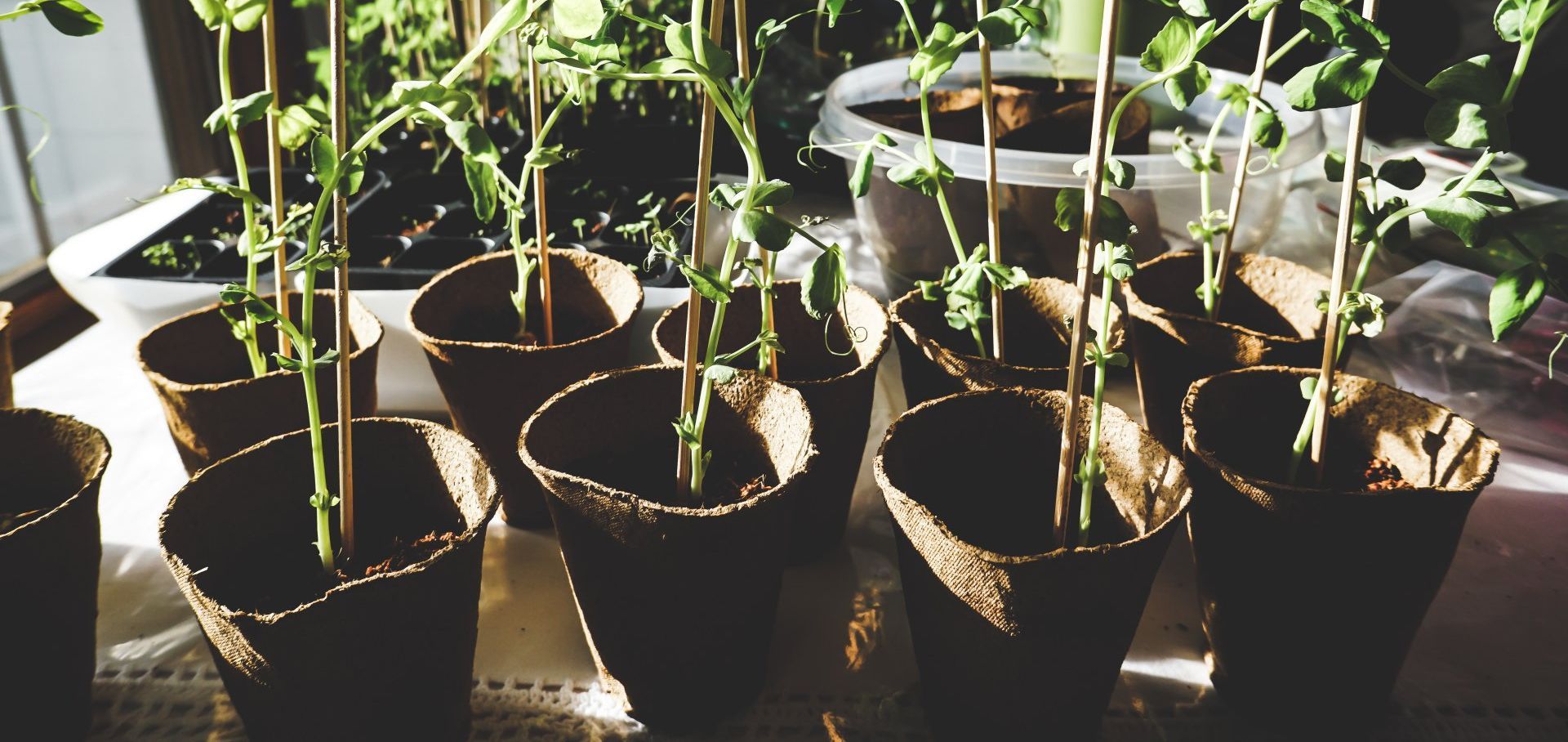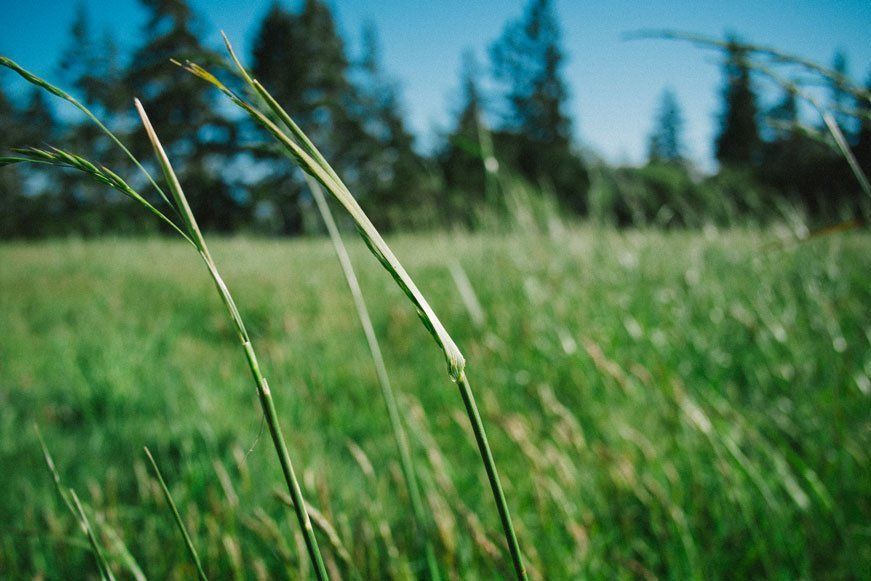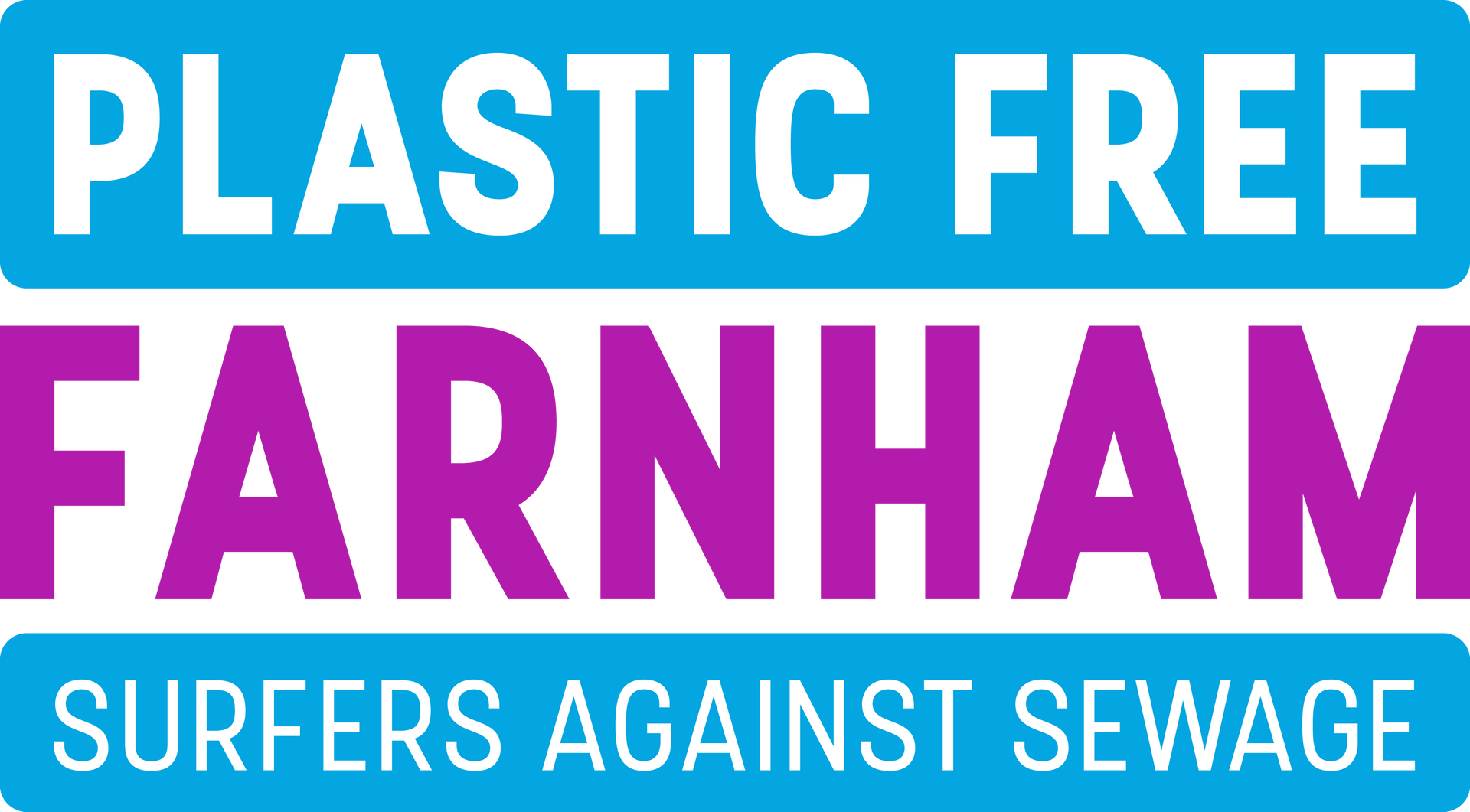Get in touch
plasticfreefarnham@gmail.com
Plastic is fantastic... or is it? A look at the history of plastic.
Plastic is fantastic... or is it? A look at the history of plastic and where it has got us to today.
Plastics are a wide range of synthetic or semi synthetic materials, using polymers as their main ingredient. Their adaptability to be moulded and shaped, along with properties such as being lightweight, flexible and inexpensive to produce, has led to their widespread use. In fact, today we just can’t escape plastic – we sleep on plastic filled pillows, clean our teeth with plastic toothbrushes, type on plastic keyboards, drink and eat from plastic containers. Even the clothes we wear: plastic clothing now accounts for around 60% of clothes produced annually.
But when did we start to use this product and what is the history of plastic?
The world's first fully synthetic plastic was Bakelite, invented in New York in 1907 by Leo Baekeland, who coined the term “plastics”. This hard wearing, easy to colour material was used to make objects such as jewellery, telephones, radios and billiard balls. After World War I, improvements in chemistry led to a rapid development of new forms of plastics, with mass production beginning in the 1940s and 1950s. Among the examples of new polymers were polystyrene and polyvinyl chloride (PVC).
The discovery of polyethylene terephthalate (PET) in the 1940s led to the widespread use for bottles in Europe and in the 1950s expanded polystyrene (used for building insulation, packaging and cups) was invented and entered mainstream industrial usage. Plastic is economical to mass produce and the production of cheap plastic products has now led to a single use culture; today around 500 billion PET bottles are sold every year.
In fact, 9.2 billion tonnes of plastic are estimated to have been made between 1950 and 2017, more than half of which has been produced since 2004. If global trends on plastic demand continue, it is estimated that by 2050 annual global plastic production will reach over 1.1 billion tonnes.
However, our widespread adoption of this fantastic material has not been without consequences to our health and our environment. Plastic pollutes our land, oceans, air and bodies. The chemical properties that make it an incredibly useful and durable material also make it very difficult to dispose of, with some types taking thousands of years to degrade in landfill. When it degrades, it does so into millions of microplastics which dangerously pollute our ecosystems – in fact the health implications of these deposits in our bodies are not yet fully explored. The worst offenders include polyethylene shopping bags, polystyrene food containers, microfibres from clothing and PET drinks bottles. Plastic has therefore turned from being the hero for everyday items into a major threat to our health and ecosystem.
The solution to our plastic problem is both a social and political one. We need to change how we think and behave to reduce the effect they have on our environment as well as put pressure on governments to change laws surrounding plastic usage and production.
Moving away from single use plastic all together is a start.
Looking at ways of recycling the plastic we do use, whether it’s turning it into something else or recycling it correctly through our waste is another option, as is adapting more sustainable habits through only buying and using products made from sustainable materials such as glass, aluminium, or one of the new biodegradable or compostable plastic alternatives.
Whichever way we choose, if we can all reduce our reliance on plastic and ensure that what gets used doesn’t re-enter the ecosystem, we will start to address plastic pollution, simultaneously reducing climate change and its associated problems.
If you would like to get involved in reducing single-use plastic as an individual, business or organisation and live in Farnham then join us today.
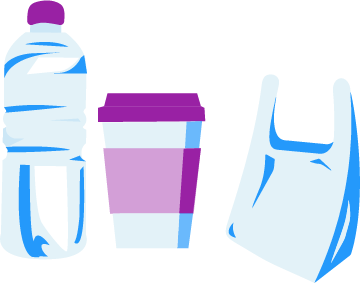
All Rights Reserved | Plastic Free Farnham
